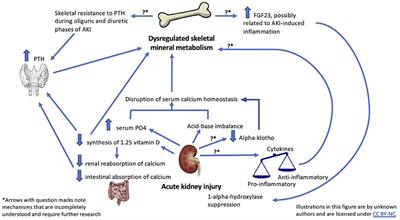EDITORIAL
Published on 15 Nov 2021
Editorial: Acute Kidney Injury: It's Not Just Acute, and It's Not Just the Kidneys
doi 10.3389/fped.2021.792210
- 1,753 views
- 2 citations
13k
Total downloads
55k
Total views and downloads
Select the journal/section where you want your idea to be submitted:
EDITORIAL
Published on 15 Nov 2021
REVIEW
Published on 27 Oct 2021
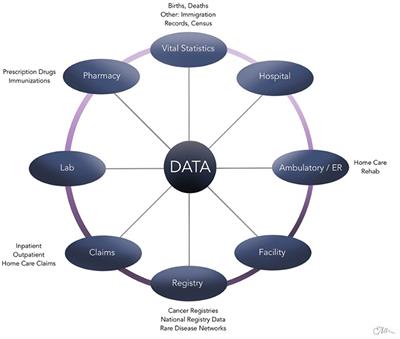
REVIEW
Published on 18 Oct 2021
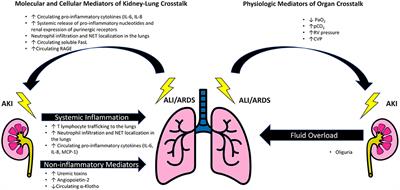
REVIEW
Published on 15 Jun 2021
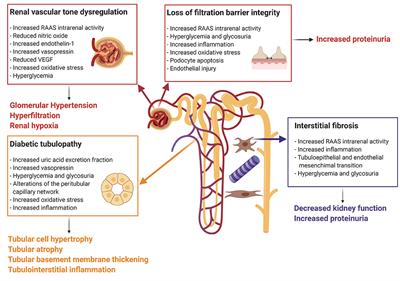
ORIGINAL RESEARCH
Published on 14 Jun 2021
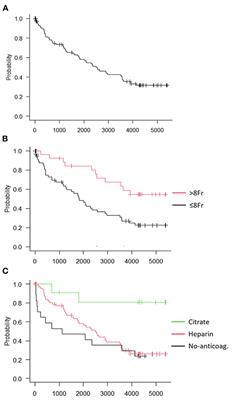
REVIEW
Published on 26 Apr 2021
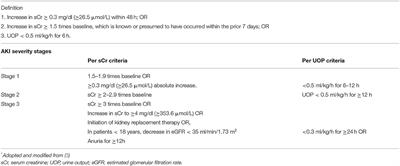
MINI REVIEW
Published on 14 Apr 2021
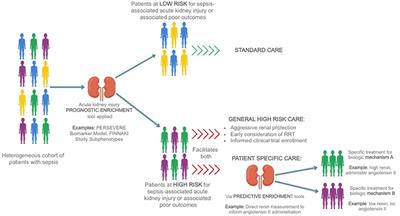
MINI REVIEW
Published on 12 Apr 2021
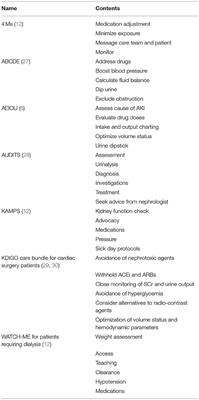
REVIEW
Published on 15 Mar 2021
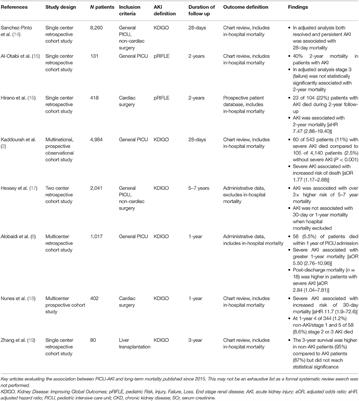
REVIEW
Published on 09 Feb 2021
